Intro
Discover the multifaceted role of industrial engineers in optimizing processes, systems, and organizations. Learn how they design, implement, and improve manufacturing, logistics, and quality control systems, leveraging expertise in ergonomics, operations research, and data analysis to drive efficiency, productivity, and innovation in various industries.
Industrial engineers play a crucial role in streamlining processes, reducing costs, and increasing efficiency in various industries. They are responsible for designing, developing, and implementing systems, processes, and solutions to improve the overall performance of organizations. From manufacturing and logistics to healthcare and finance, industrial engineers work behind the scenes to make businesses run smoothly.

The primary goal of industrial engineers is to optimize the use of resources, including personnel, materials, equipment, and energy. They analyze data and workflows to identify areas for improvement, design new systems and processes, and implement changes to increase productivity and efficiency. Industrial engineers also develop and implement quality control measures to ensure that products meet specifications and customer requirements.
Key Responsibilities of Industrial Engineers
Industrial engineers have a wide range of responsibilities, including:
- Analyzing data and workflows to identify areas for improvement
- Designing new systems and processes to increase efficiency and productivity
- Implementing changes to existing systems and processes
- Developing and implementing quality control measures
- Conducting cost-benefit analyses to determine the feasibility of new projects
- Collaborating with other departments to implement changes and improvements
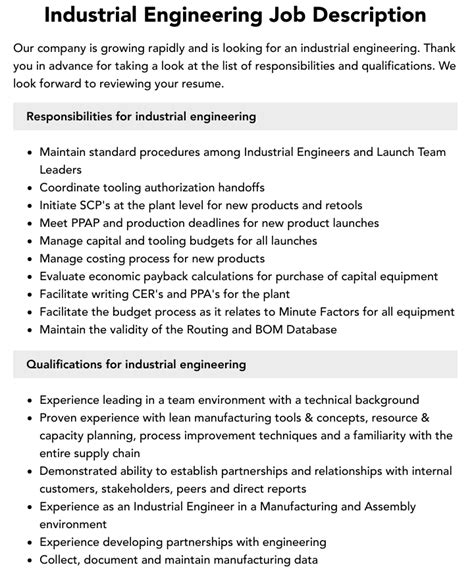
Subfields of Industrial Engineering
Industrial engineering is a broad field that encompasses several subfields, including:
- Manufacturing engineering: focuses on the design and improvement of manufacturing systems and processes
- Systems engineering: focuses on the design and improvement of complex systems, including those used in healthcare, finance, and other industries
- Human factors engineering: focuses on the design and improvement of systems and processes to reduce the risk of human error
- Quality engineering: focuses on the development and implementation of quality control measures to ensure that products meet specifications and customer requirements
Skills and Qualifications
To be successful as an industrial engineer, you need to possess a combination of technical, business, and interpersonal skills. Some of the key skills and qualifications include:
- Strong analytical and problem-solving skills
- Excellent communication and collaboration skills
- Ability to think creatively and outside the box
- Strong understanding of mathematical and statistical models
- Proficiency in software applications, including simulation and modeling tools
- Bachelor's degree in industrial engineering or a related field
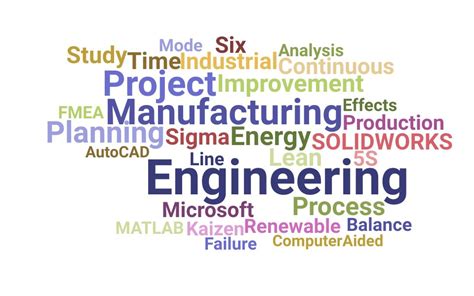
Education and Training
Industrial engineers typically hold a bachelor's degree in industrial engineering or a related field, such as mechanical engineering, electrical engineering, or computer science. Many industrial engineers also pursue advanced degrees, including master's and doctoral degrees, to specialize in a particular area or to move into management positions.
In addition to formal education, industrial engineers often participate in ongoing training and professional development to stay up-to-date with the latest technologies and methodologies. This may include attending conferences and workshops, participating in online courses and webinars, and reading industry publications.
Job Outlook and Salary
The job outlook for industrial engineers is strong, with the Bureau of Labor Statistics predicting a 10% growth in employment opportunities through 2028. This growth is driven by the increasing demand for efficient and effective systems and processes in a wide range of industries.
The salary for industrial engineers varies depending on factors such as location, industry, level of experience, and education. According to the Bureau of Labor Statistics, the median annual salary for industrial engineers was $87,040 in May 2020.

Conclusion
Industrial engineers play a vital role in optimizing the performance of organizations and improving the efficiency of systems and processes. With their strong analytical and problem-solving skills, industrial engineers are able to identify areas for improvement and implement changes to increase productivity and reduce costs. If you are interested in a career that combines technical expertise with business acumen and interpersonal skills, industrial engineering may be the perfect fit for you.
Industrial Engineering Image Gallery
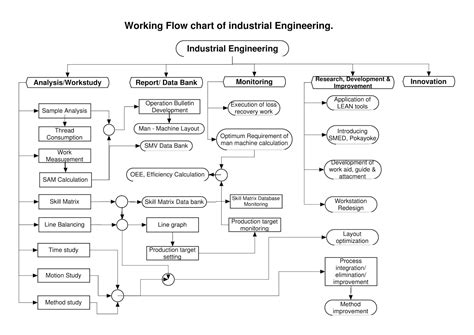
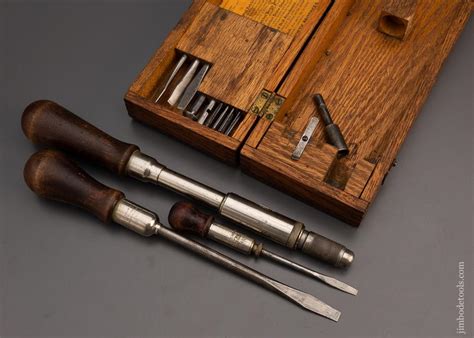
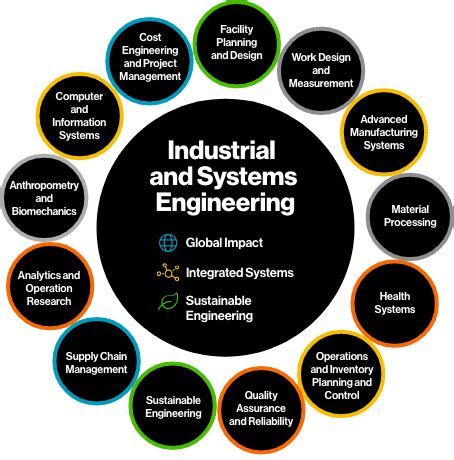
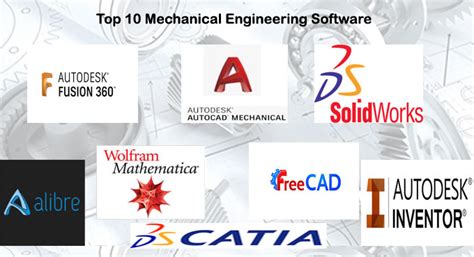
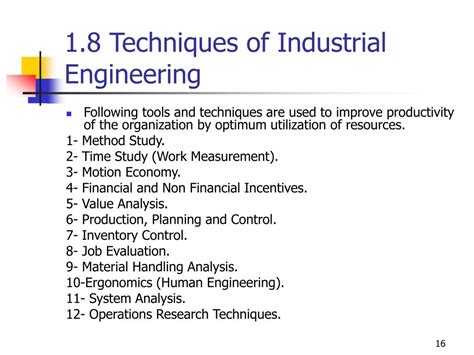

What is industrial engineering?
+Industrial engineering is a field of engineering that deals with the design, improvement, and installation of integrated systems of people, materials, equipment, and energy.
What do industrial engineers do?
+Industrial engineers design, develop, and implement systems, processes, and solutions to improve the overall performance of organizations.
What are the skills and qualifications required to be an industrial engineer?
+Industrial engineers need to possess a combination of technical, business, and interpersonal skills, including strong analytical and problem-solving skills, excellent communication and collaboration skills, and proficiency in software applications.
